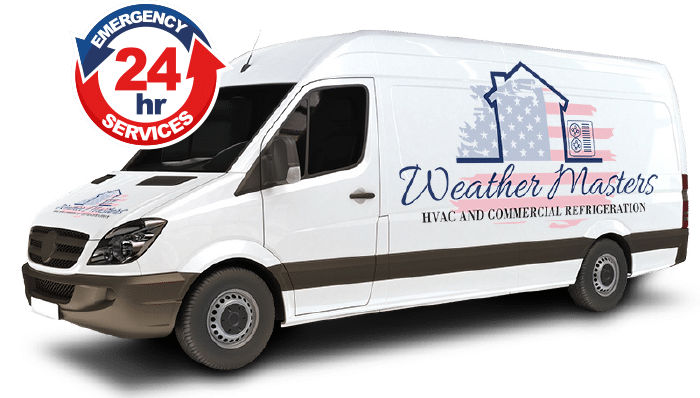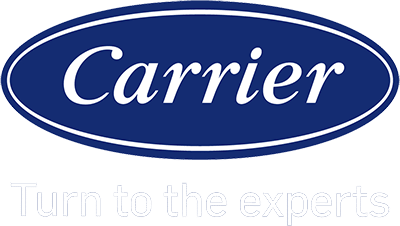Frequently Asked Questions

Welcome to Weather Masters of Georgia's HVAC FAQ Page!
At Weather Masters of Georgia, we understand how vital it is for homeowners, especially in Georgia, to keep their homes comfortable no matter the season. That’s why we’ve dedicated this page to answering the questions we hear most frequently from homeowners just like you. From the mysteries of unexpected noises to tips for energy efficiency, our FAQ page is designed to demystify the world of HVAC for you.
The purpose of this page is not just to answer common questions, but to empower you with knowledge, so you can make informed decisions about your home’s HVAC needs. Our commitment is to ensure that you always have a trusted resource at your fingertips.
We encourage you to dive into the content below, but remember, no webpage can replace personalized advice. If you don’t find what you’re looking for, or if you need specialized guidance, don’t hesitate to contact us directly. The team at Weather Masters of Georgia is always here to serve your HVAC needs with dedication and expertise.
Always remember that while these answers provide a general overview, individual situations can vary. It’s always best to consult with an HVAC professional when in doubt or if issues persist.
There can be several reasons, including low refrigerant levels, a dirty evaporator coil, malfunctioning thermostat, or clogged filters. Regular maintenance and inspections can help in identifying and rectifying these problems early.
Icing can be due to a lack of airflow from dirty filters or obstructions, low refrigerant levels, or a malfunctioning fan. Turn off the unit and let the ice melt, then call a professional to diagnose the root cause.
A continually running AC can indicate a thermostat issue, inadequate insulation, or a unit that’s too small for the space. It’s essential to consult with an HVAC professional to evaluate the situation.
Generally, you should check and replace air filters every 30-90 days. During pollen season or if you have pets, checking and potentially replacing them monthly is advisable.
Unusual noises might indicate loose or broken parts, issues with the blower, or even debris inside the system. Regular maintenance can prevent most of these issues.
This can arise from faulty wiring, poor placement (near heat sources), or the device itself malfunctioning. A technician can pinpoint the problem and recommend solutions.
This usually stems from a clogged condensate drain line, a rusted drain pan, or frozen evaporator coils. A timely inspection can help address and fix these issues.
Given the humid and hot climate, servicing your HVAC system at least twice a year—once before summer and once before winter—is advisable.
This could be due to clogged filters, leaky ductwork, or issues with the blower motor. Regularly inspecting and cleaning can ensure optimal airflow.
A spike in energy costs can result from an aging HVAC system, leaky ductwork, or insufficient insulation. Having a professional conduct an energy audit can help identify culprits.
Regularly inspect and clean drip pans and drain lines, and consider installing UV lights or dehumidifiers in the system to reduce moisture and kill mold spores.
For heat pump systems, yes, as they reverse the cooling process to heat homes. If you don’t have a heat pump, you should consult a technician.
An improperly sized system can lead to inefficiency and increased wear. Consulting with a HVAC specialist can ensure your system is sized appropriately based on the square footage and needs of your home.
A musty smell can be a sign of mold or mildew build-up, often due to excess moisture. Regular cleaning and addressing moisture sources can resolve this.
This could indicate an electrical issue, a short in the system, or an overloaded circuit. It’s important to consult with an electrician or HVAC professional immediately.
Programmable thermostats that adjust the temperature based on when you’re home or away can save energy. It’s more efficient to adjust the temperature, so the system isn’t working as hard when it’s not necessary.
On average, with proper maintenance, an HVAC system can last 10-15 years. However, the extreme conditions in the southeast might reduce this lifespan slightly.
Extreme conditions can push an HVAC system to its limits, especially if it’s not sized correctly or if it’s aging. Regular maintenance and upgrades can help in coping with peak conditions.
Regularly changing air filters, using air purifiers, ensuring good ventilation, and considering UV lights in the HVAC system can all help improve indoor air quality.
Ageing beyond 10-15 years, frequent repairs, rising energy bills, inconsistent temperatures, and noticeable noises are signs that you might need to consider a replacement.
Your Comfort is Our Priority!
We hope you’ve found some answers and clarity. But keep in mind, the info here offers a broad brushstroke—your unique home and system might have its own quirks and nuances. So, if you’re scratching your head, wondering about a peculiar sound or an unexpected bill, don’t hesitate to give us a shout. No concern is too big or small for our expert team. Always remember, it’s best to have a chat with an HVAC professional like us to get tailored advice. After all, your comfort and peace of mind are what we’re here for!

